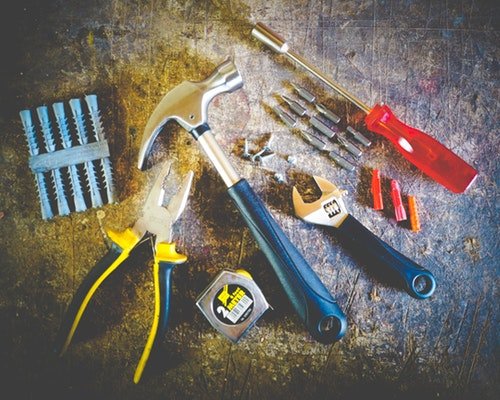During a home inspection, we always check water heaters. As the colder months are moving in it is extremely important that you take necessary measures to maintain your water heater.
Not only will keeping a well maintained water heater increase the value of your home, but it will ensure you avoid any major hazards or damage within the home.
What’s the Big Deal?
Worst case scenario with a poorly maintained water heater is that it becomes a ticking time bomb, almost literally. If there is a gas leak near the water heater, the small ignition flame could cause an explosion.
On the other hand, if safety measures fail in your water heater an extreme amount of pressure could build up leading to a dangerous water rocket of sorts.
Hopefully, these potential hazards are reason enough for you to make water heater maintenance a priority.
What Can You Do?
The best first step to take is to review the owner’s manual that came with your water heater if you can’t find it then check the manufacturer’s website for a copy.
If you feel that you are not comfortable handling the water heater yourself then don’t push your luck, call in a pro. Some things you can do to maintain your water heater are:
1. Check the Pressure Valve
Both gas and electric heaters have a temperature and pressure valve. Wearing goggles and gloves check the valve after turning off electricity or the pilot light.
2. Flush the Tank
Thanks to sediment buildup in the tank your heater’s efficiency can be affected. Flush the tank each time you check your pressure valve.
3. Lower the Temperature
Ideally, your heater’s temperature should be set between 120 -130◦F. Anything higher can cause serious burns as well as damage to your water heater.
4. Appropriate Insulation
Fiberglass wraps can maintain hot water and are easily installed by plumbers.
5. The Right Model
Make sure your water heater is up to date and right for your home. Generally, water heaters have a lifespan of 8-10 years and should be replaced soon after hitting the ten year mark.
6. Annual Appointments
Just like you go to the doctor for a yearly checkup, your water heater could benefit from a professional checkup each year too.
A pro will ensure that the safety mechanisms are in place and there are no leaks or drips.
Things to Look For
Leaks and drips coming from your water heater can be symptoms of a greater problem.
Faulty water supply connections are the most common culprit when it comes to leaks. Easily fix this issue with compression fittings.
Drips from the temperature and pressure relief valve usually mean a thermal expansion tank is needed.
In electric water heaters, the most common problem is turning the power on before the tank is full of water, leading to a burnt out upper heating element and no hot water.
Make sure the tank is full before turning on the power and if your upper heating element is burnt out it can be easily replaced.
We Can Help
At EIG we want to make sure your home is in tip top shape if you’re getting ready to sell or buy remember that your water heater is an important factor of the home.
If you’re ready for a home inspection, don’t hesitate to call in the professionals!

